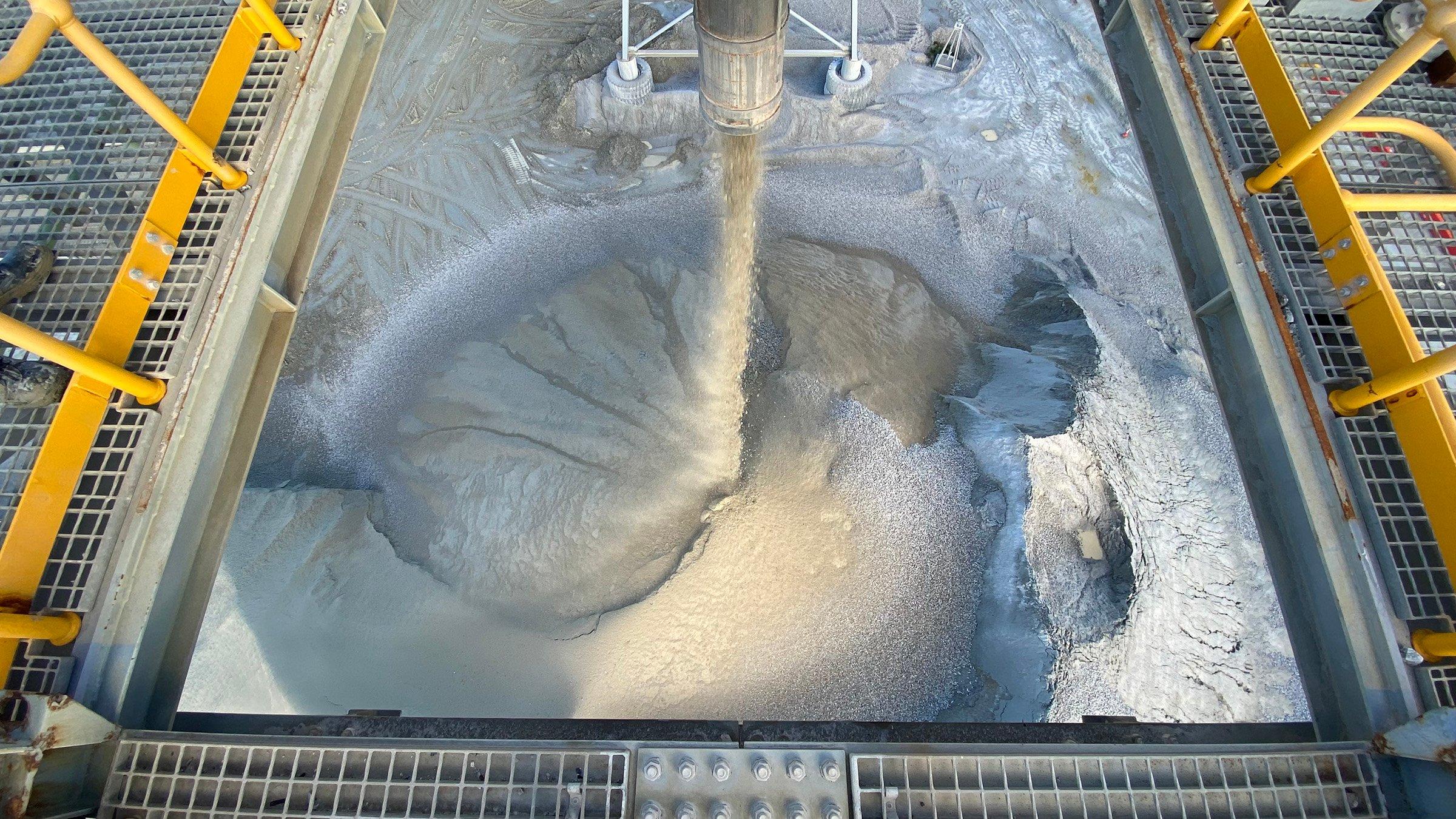Sedgman completes strategy to become full spectrum critical minerals service provider with acquisition of MinSol Engineering

Sedgman, a member of the CIMIC Group, has acquired engineering company MinSol Engineering Pty Ltd. The acquisition is Sedgman’s third in the critical minerals processing sector, completing its strategy to become a full service, global provider in the extraction and refining of minerals essential to the rapidly growing clean energy technologies.
MinSol Engineering’s core business specialises in engineering of hard rock lithium concentration and refining processes including metallurgical test work, flow sheet development and detailed design.
The company, which will operate as Sedgman MinSol, has experience that has been integral to the development of the global lithium industry for more than 15 years.
Its expertise in hard rock lithium processing (including lithium carbonate concentration and lithium hydroxide refining), rare earths and mineral sands, complements Sedgman’s brine lithium processing capabilities acquired with Sedgman Novopro. This enables Sedgman to provide its clients with complete solutions in mineral processing for the global energy transition.
CIMIC Group Executive Chairman Juan Santamaria said: “With the acquisition of MinSol Engineering, Sedgman has finalised the strategic journey it embarked on two years ago to diversify its commodities and extend its global capability into hydrometallurgy, pyrometallurgy, chemicals and energy.
“The acquisitions of Sedgman Onyx, Sedgman Novopro, Sedgman Prudentia and now Sedgman MinSol, are a sign of Sedgman’s boosted capabilities and extended geographical reach, consolidating its position as a leader in minerals processing on a global scale.”
Sedgman Managing Director Grant Fraser said: “Sedgman now covers the complete process flowsheet in the critical minerals industries from comminution and beneficiation to hydrometallurgical refining through leaching, purification and metal recovery.
“With the combined expertise of Sedgman Novopro and Sedgman MinSol, we aim to service the rising demand for brine lithium in the Americas and Europe, and hard rock lithium in Western Australia and North America, to support the demand for minerals used to manufacture the everyday goods used widely across our society and in the energy transition.”